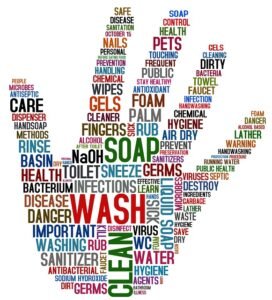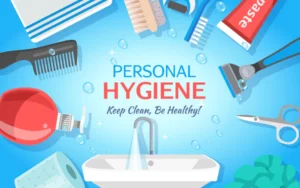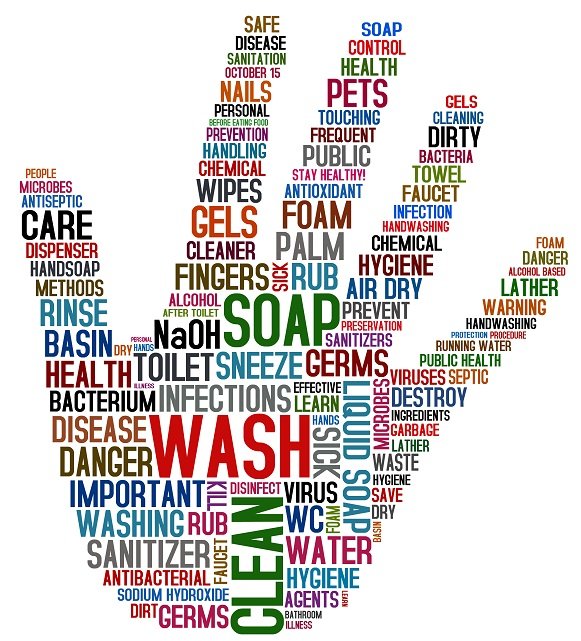HYGIENE

About Hygiene
Hygiene refers to practices and conditions that help to maintain health and prevent the spread of diseases. It includes personal hygiene, such as handwashing and oral care, as well as environmental hygiene, which involves maintaining clean surroundings. Good hygiene is essential for promoting overall well-being and preventing illness.
Personal Hygiene

Personal hygiene encompasses habits that individuals perform to maintain their cleanliness and overall health. This includes regular bathing or showering, washing hands, brushing teeth, and grooming. By practicing good personal hygiene, individuals can reduce the risk of infections and maintain a positive self-image.
Handwashing is one of the most important aspects of personal hygiene. It is recommended to wash hands with soap and water for at least 20 seconds, especially after using the restroom, before eating, and after coughing or sneezing. Proper hand hygiene can significantly reduce the transmission of infectious diseases.
Oral hygiene is another critical component of personal hygiene. Brushing teeth at least twice a day and flossing regularly can help prevent dental issues such as cavities, gum disease, and bad breath. Visiting a dentist for regular check-ups is also essential for maintaining good oral health.
Environmental Hygiene

Environmental hygiene focuses on maintaining clean and sanitary surroundings to prevent the spread of diseases. This includes practices such as regular cleaning and disinfecting of surfaces, proper waste disposal, and ensuring clean air and water quality.
Cleanliness in the home, workplace, and public spaces is crucial for preventing the accumulation and spread of germs and pathogens. Regular cleaning of frequently-touched surfaces such as doorknobs, countertops, and electronic devices can help reduce the risk of infections.
Proper waste management is also a key aspect of environmental hygiene. Disposing of waste materials in designated bins and following recycling guidelines not only promotes cleanliness but also contributes to environmental sustainability.
Hygiene and Health
The practice of good hygiene is directly linked to maintaining good health. By incorporating hygiene habits into daily routines, individuals can reduce the risk of contracting infectious diseases and promote overall well-being.
Children, in particular, should be taught the importance of hygiene from an early age. By instilling proper hygiene practices during childhood, the foundation for a lifetime of good health habits is established. This includes teaching children how to wash their hands, brush their teeth, and keep their personal spaces clean.
Hygiene also plays a significant role in healthcare settings. Healthcare professionals adhere to strict hygiene protocols to prevent the spread of infections within hospitals and clinics. This includes practices such as hand hygiene, sterilization of medical equipment, and maintaining clean patient care environments.
Overall, practicing good hygiene is essential for maintaining a healthy lifestyle and preventing the spread of illnesses. By incorporating personal and environmental hygiene practices into daily life, individuals can contribute to a safer and healthier community for everyone.
